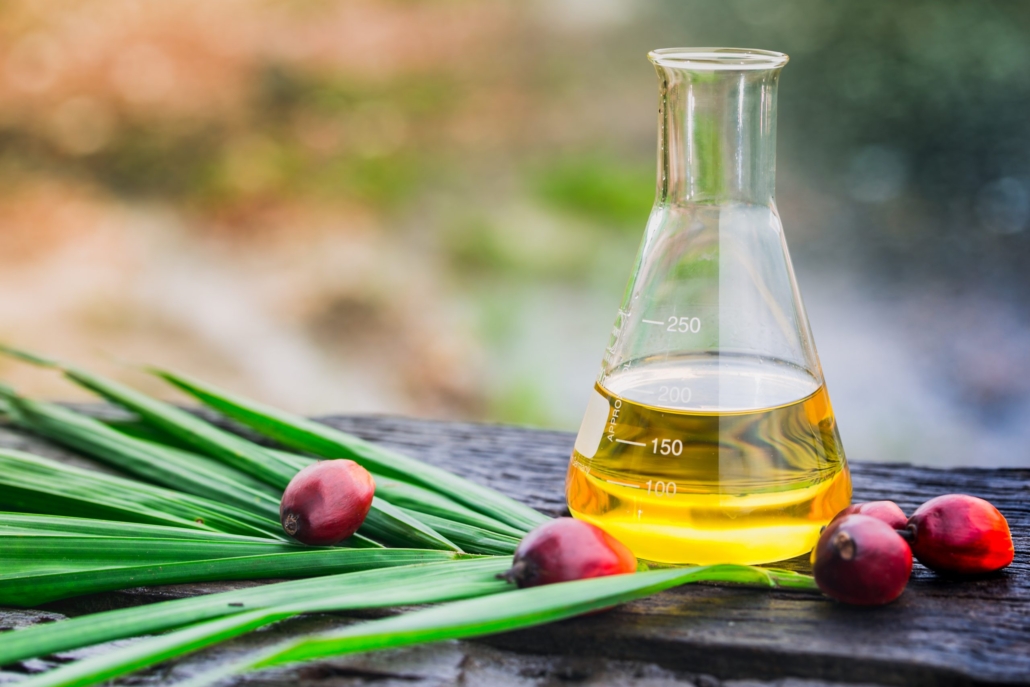Algae Oil: An Environmentally Friendly Solution to Palm Plantations
By: IAAS Secretariat
Palm oil is used everywhere. At supermarkets, almost half the packed products will contain palm oil, from food items like pizzas and doughnuts to hygiene goods like shampoo and toothpaste. Not only that, but it’s used in animal feed and as biofuel. It’s no surprise that this versatile and efficient crop has seen worldwide production grow steadily for many years now.
Two countries where the industry has found success are Indonesia and Malaysia. Together they account for 84% of palm oil’s global production. However this growth to palm oil consumption has heavily impacted the environment. While the Indonesian government has struggled to cut down on the slash-and-burn method used by many in the industry, plane flights have been cancelled, agricultural land destroyed, and the haze has only gotten worse. The latter has caused respiratory illness across the country, and at times affecting neighbouring countries due to wind currents. It doesn’t end there, as these converted palm oil plantations store an abnormal amount of carbon per unit area, the most of any ecosystem in the world.
In March 2022, an alternative to palm oil was developed, by a team led by Professor William Chen, who heads NTU’s Food Science and Technology Program. This alternative is microalgae, simple multicellular organisms which are a good source of edible oils and proteins. Furthermore, they double in mass every few hours and absorb 400 times more CO2 than trees, making them highly efficient and environmentally friendly. While this seems too good to be true, previous attempts have been unsuccessful due to high cost. This time, a partnership between NTU and Eves Energy, a Singaporean company that specialises in expanding eco-friendly innovations will help produce this palm oil alternative in bulk.
According to information from The Straits Times, the company will start with 400,000 tanks which are able to produce 1.2 million tonnes of microalgae oil and an additional 1.2 million tons of algae cake by the end of 2026. This algae cake is also usable as a protein booster in burger patties etc. As of recently, this oil extraction process now takes less than an hour in the laboratory and has been refined continuously to process at an industrial level. Through this process, the project estimates it will remove 2.6 million tonnes of CO2 from the atmosphere, thanks to the microalgae’s ability to capture CO2 and emit oxygen when it photosynthesizes.
This finding of algae oil has proven important not only to reduce the haze and environmental impacts caused by palm oil production but also to be used in sustainable aviation fuel (SAF) where the profit will be the largest. Alton Aviation Consultancy director Josua Ng has stated “There’s strong demand for SAF, with demand outstripping supply.” which is due to the aviation industry’s efforts to achieve a state where it has no net carbon emissions by the year 2050. Because SAF is estimated to be more expensive than fossil fuels due to the process involving feedstock, significant investments need to be made for it to be produced globally. As the population grows and humans consume more, critical environmental issues which cannot be ignored arise, however by implementing new technology and experimenting with alternatives we can most definitely transition towards a more sustainable tomorrow.
> Source: CLICK HERE




